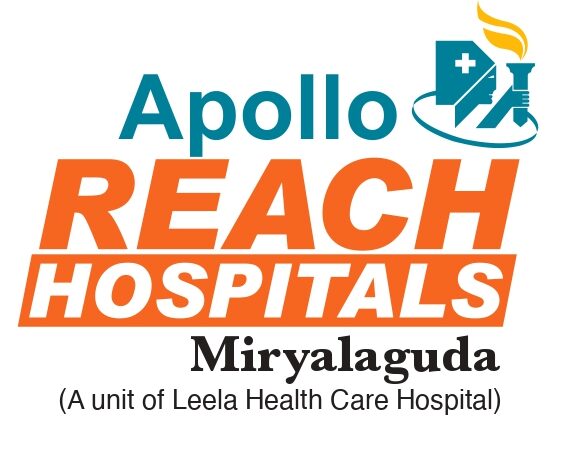What Is Epilepsy?
Epilepsy is a brain condition that causes repeated seizures. Seizures happen when brain signals change suddenly. Because of this, people may lose awareness, shake, or stare blankly. Most seizures last only a few seconds or minutes. However, sometimes a seizure can become an emergency. Knowing when epilepsy is an emergency can save lives.
What Is Considered an Epilepsy Emergency?
Not all seizures are emergencies. Still, some situations need quick action. An epilepsy emergency happens when a seizure lasts too long or when several seizures occur close together. This can be life-threatening. For example, a seizure lasting more than five minutes is called status epilepticus. This is a medical emergency. Also, if someone does not wake up between seizures, it is an emergency. Understanding when epilepsy is an emergency helps you act fast.
Warning Signs and Symptoms of an Emergency
It is important to know seizure emergency signs. Watch for these warning signs:Seizure lasts longer than five minutesPerson has trouble breathing or turns blueRepeated seizures without waking up in betweenFirst-ever seizureSeizure happens in waterPerson gets hurt during the seizurePerson is pregnant or has other health problems
In these cases, emergency seizure care is needed right away. Quick action can prevent serious harm.
Common Causes of Epilepsy Emergencies
Several things can trigger an epilepsy emergency. For instance, missing seizure medicine is a common cause. Other causes include:High fever or infectionHead injuryAlcohol or drug useLow blood sugarSudden stopping of seizure medicine
Sometimes, stress or lack of sleep can also play a role. Because of these risks, it is important to follow your treatment plan.
Immediate Steps to Take During an Emergency
If you see someone having a seizure emergency, stay calm. Next, follow these seizure first aid steps:Move the person to a safe placeTurn them gently onto their sidePlace something soft under their headDo not put anything in their mouthDo not try to hold them downTime the seizureStay with them until help arrives
These steps can help prevent injury. Also, they can keep the airway clear. For more details, visit the CDC’s seizure first aid page.
When to Call for Medical Help
Sometimes, you need to call for emergency help right away. Call 911 or your local emergency number if:The seizure lasts longer than five minutesAnother seizure starts soon after the firstThe person does not wake up after the seizureThe person is hurt, pregnant, or has diabetesThe seizure happens in waterThis is the person’s first seizure
Quick action can save a life. Never wait if you are unsure. It is better to be safe and get emergency seizure care.
Prevention Tips and Lifestyle Guidance
There are ways to lower the risk of an epilepsy emergency. Try these tips:Take seizure medicine as prescribedKeep a regular sleep scheduleAvoid alcohol and illegal drugsManage stress with healthy habitsSee your doctor for regular check-upsWear a medical alert bracelet
Because triggers can be different for each person, keep a seizure diary. This helps you and your doctor spot patterns. For local support, search for epilepsy emergency care in your city or region.
Conclusion
Epilepsy emergencies can be scary, but knowing the signs and what to do can help. Always act fast if you see warning signs. If you or someone you know experiences an epilepsy emergency, consult a healthcare specialist immediately for personalized care.

